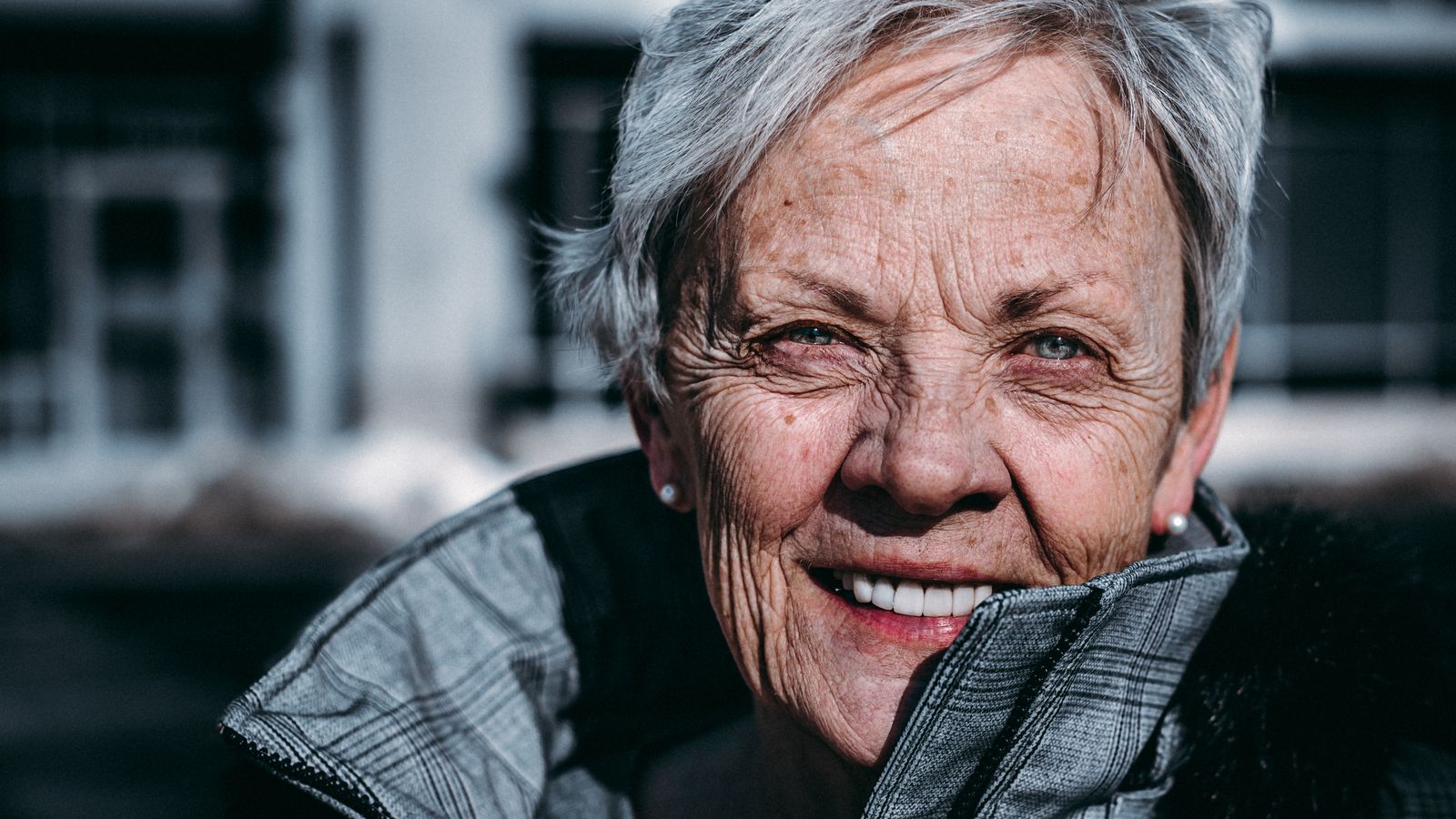Prof. Gonyea & Colleagues Discuss Risk, Vulnerability, & Resilience in Later Life

BU School of Social Work Prof. Judith Gonyea and University of Toronto Prof. Amanda Grenier are co-editors of the summer 2021 issue of Generations, a journal of the American Society on Aging. “The Summer Generations issue explores the uncertainties and vulnerabilities that older adults may face in their later years, especially people from groups that have been historically marginalized or discriminated against based on race, ethnicity, class, disability, and immigration status,” the authors explain. “In this edition, authors from a range of disciplines and community settings offer insights about how well or poorly U.S. social policies address differential exposure to risk in old age in an increasingly diverse society. Also raised, is how the COVID-19 pandemic is reshaping our understanding of risk and vulnerability in later life and creating enormous challenges for older adults.”
As a part of the summer 2021 edition’s overview, Gonyea and Grenier discuss how a precarity lens improves our understanding of older adults, including:
- How revealing crises like the COVID-19 pandemic spotlight structural ageism, particularly for elderly people of color
- How politics and policies create and sustain risk, insecurity, and vulnerability
- The lived experience of feeling uncertain, insecure, and/or vulnerable in one or more domains of an aging person’s life
In addition, the editors introduce and preview the variety of articles covered in the summer 2021 edition of Generations, such as:
- The gaps and flaws in Medicare revealed by the COVID-19 pandemic
- The unique barriers older immigrants face, particularly how the shifting political and social climate of the 1990s has affected older immigrants
- Shifting the policy narrative from, “What is economic disadvantage in later life?” to, “What is economic self-sufficiency in later life?”
- Treating social security as a “guaranteed lifetime income stream backed by the full faith and credit of the U.S.” reduces extreme racial and ethnic inequality in retirement wealth
- Achieving nutritional security for all older adults is a key social determinant of health
- Improving emergency preparedness, community capacity, and social support will prevent older people who are socially isolated and have lower incomes from being disproportionately affected by climate change
Together, this series of articles addresses the issues facing older Americans and immigrants today, but they also provide the next steps to improve elder care at the macro and micro scale. “The COVID-19 pandemic has sparked interest in socially just economic strategies,” says Gonyea. “We should seize this moment to advocate for policy reforms that seek to reduce risk, vulnerability, and unequal aging in later life.”